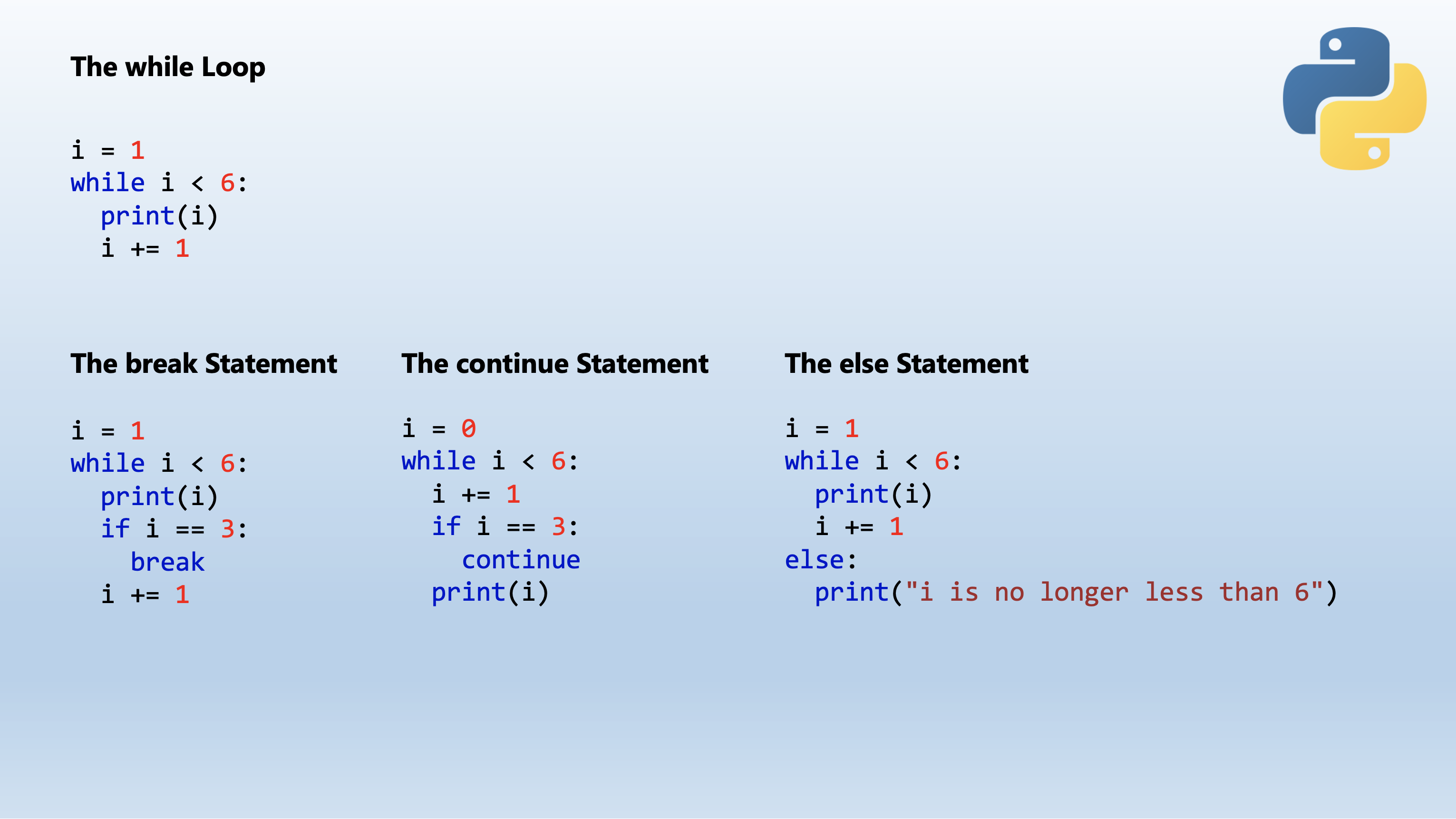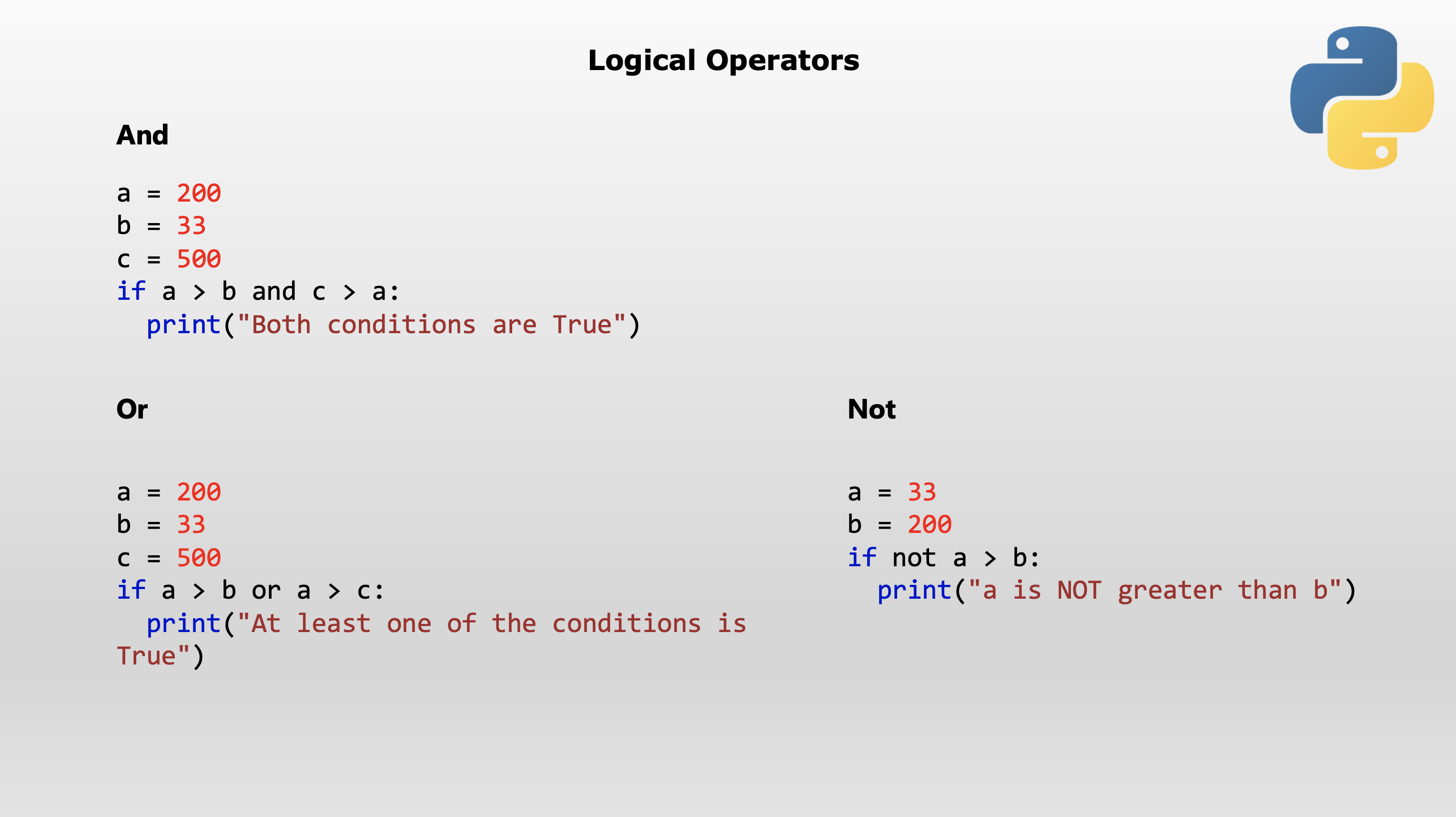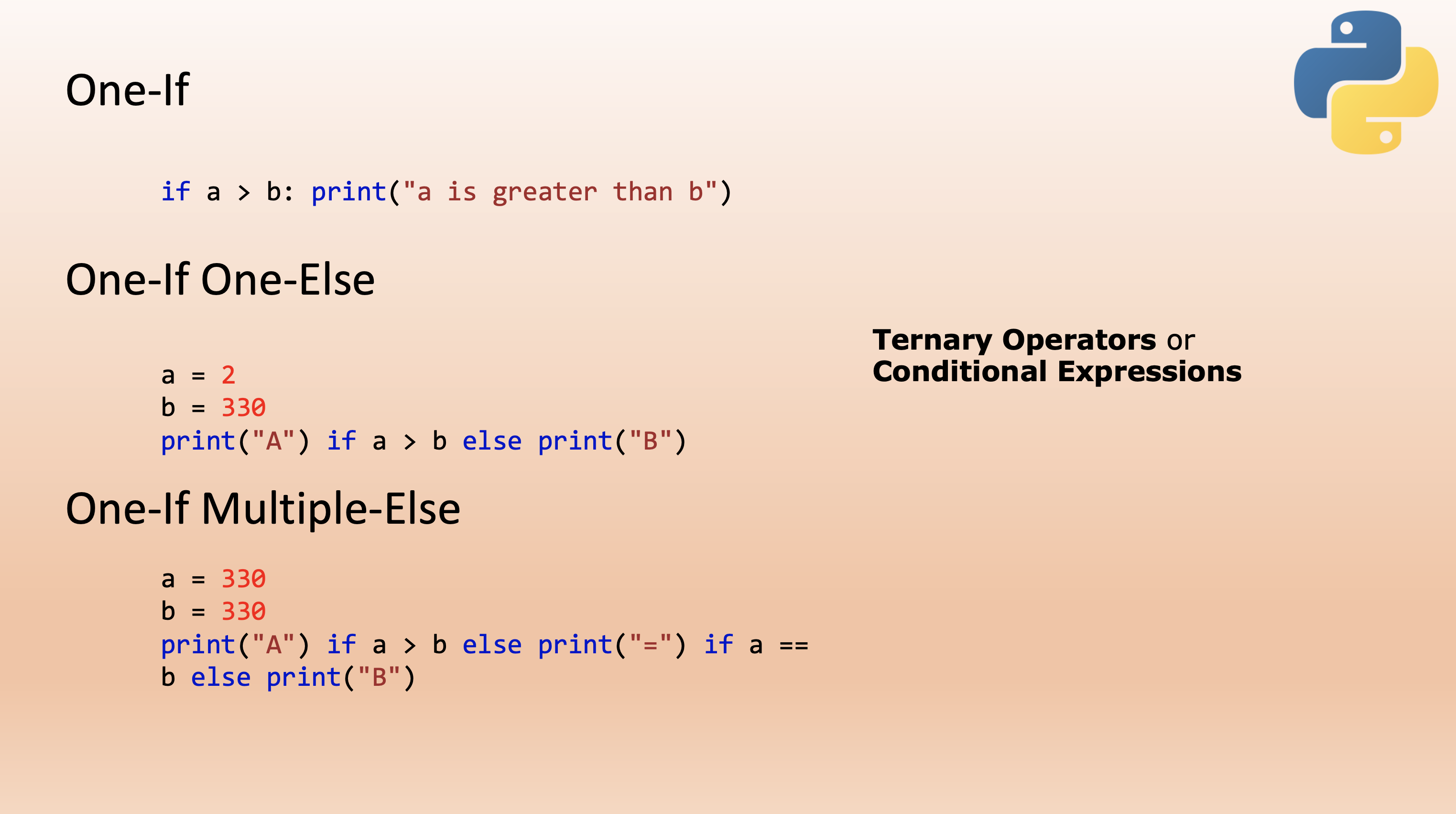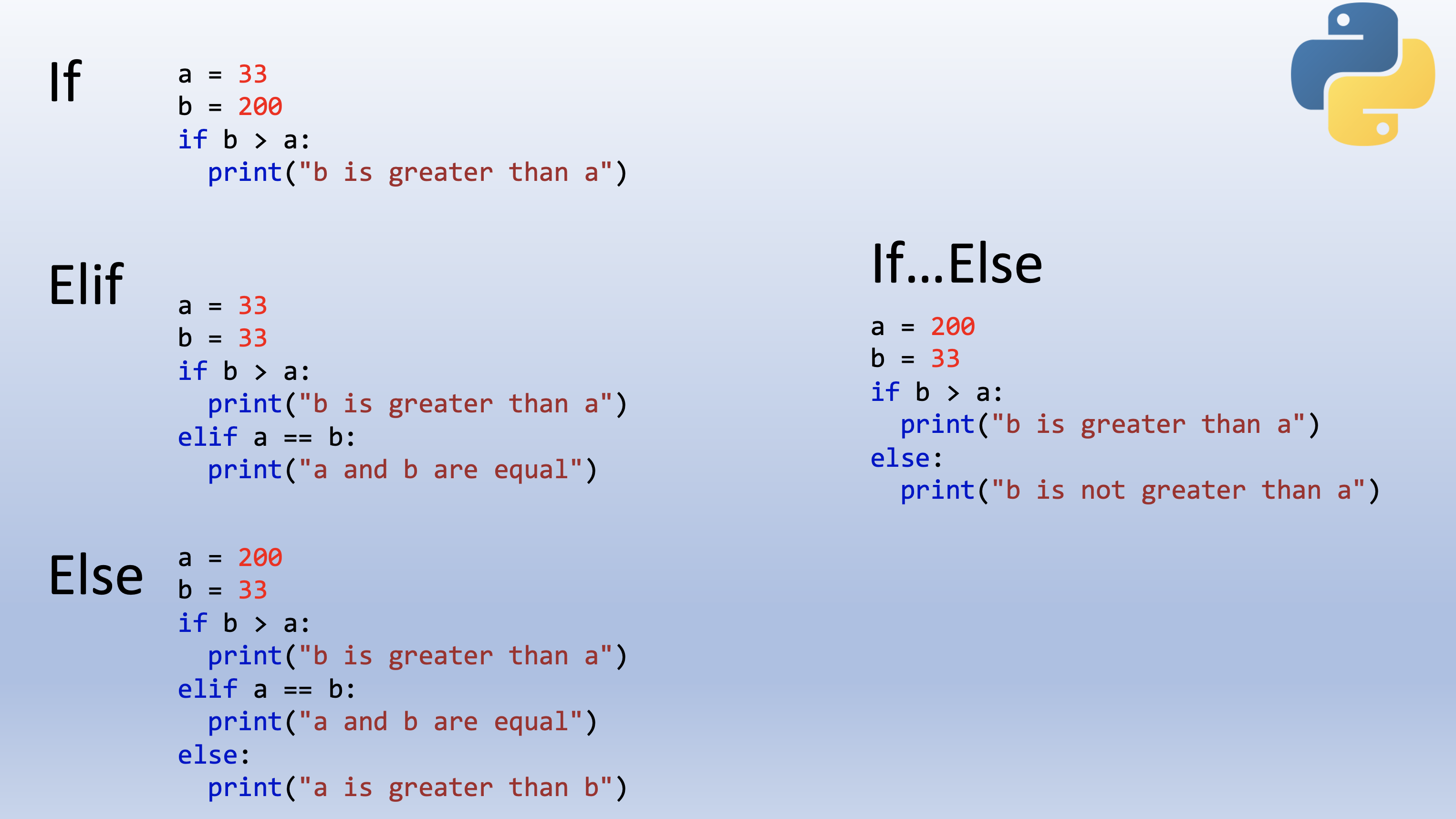
The Whisper Within: Trusting Herself When It Mattered Most

Urvi stared at the looming exam hall, her confidence waning like the winter sun. “Think properly,” she muttered, recalling her teacher’s advice. Taking a deep breath, she replaced doubt with succinct affirmations: “Now. Focus. You prepared.” Memories of late-night cramming and practice tests flickered across her mind. Doubt faltered further.
Inside the hall, the silence hummed with nervous energy. Papers rustled, pens scratched. Urvi gripped hers, suddenly unsure. “Trust yourself,” she whispered, channeling her teacher’s voice. Each question became a challenge, met with focused reasoning. Answers flowed, clear and concise. Doubt transformed into understanding, fear into determination.
Hours later, she emerged, drained but exhilarated. No longer the scared student, she felt a newfound confidence. It wasn’t just about passing, but about proving to herself: “Now. Think. Trust. You can.” The lesson resonated far beyond the exam hall, into life’s uncertainties. Every challenge became an opportunity to breathe, think, and trust—a mantra born from a single test, forever etched in her mind.
Nested if

Logical Operators

“Maya’s Metamorphosis: From Selfish Ambition to Selfless Success”

In the heart of a bustling city, where the rhythm of life thrummed with the beat of ambition, there lived a young woman named Maya. Smart and ambitious, Maya had always strived to excel in everything she did. From her academic pursuits to her professional endeavors, she was relentless in her pursuit of success.
Yet, Maya’s intelligence was often overshadowed by her selfish tendencies. She saw the world as a place where only the strong survived, and she was determined to be among them, no matter the cost. Her actions were driven by a desire to climb the ladder of success, even if it meant stepping on others along the way.
Despite her flaws, Maya possessed a fresh perspective on life. She saw opportunities where others saw obstacles and challenges. Her optimism was like a breath of fresh air in the often-stifling world of corporate competition.
But Maya’s journey was far from smooth. Along the way, she encountered setbacks and failures that tested her resolve. There were moments when she felt like giving up, when the weight of her own ambition threatened to crush her spirit.
It was during one such moment of despair that Maya had a revelation. She realized that her selfishness was holding her back, that true success came not from stepping on others but from lifting them up. With this newfound insight, Maya set out to convert her negative traits into positive ones.
She started by reaching out to those she had wronged in the past, offering apologies and making amends where she could. She began to collaborate with her colleagues rather than compete against them, recognizing that they were not rivals but allies in the pursuit of a common goal.
As Maya began to change her mindset, she found that her opportunities for growth multiplied. No longer constrained by her own selfish desires, she was free to explore new possibilities and pursue her passions with a renewed sense of purpose.
Over time, Maya grew not only as a professional but as a person. She learned that true success was not measured by wealth or power but by the impact she had on the lives of others. And in the end, Maya found that she was not less than anyone else; she was simply the best version of herself.
Short Hand IF

“If, Elif, Else – If…Else

pass Statement
If we have a function definition with no content, put in the pass statement to avoid getting an error.
def ourfunction():
pass
“The Archer’s Wisdom”

In the quaint town of Willowbrook, nestled amidst rolling hills and lush forests, there lived a young man named Ethan. Ethan was known far and wide for his incredible talent in archery. From a young age, he had honed his skills with the bow and arrow, spending countless hours perfecting his aim and technique.
Despite his prowess, Ethan had a tendency to push himself too hard. He was always striving to outdo his previous accomplishments, constantly pushing the boundaries of his abilities. His friends and family often warned him to slow down, to take a moment to appreciate his achievements and enjoy the simple pleasures of life. But Ethan was driven by a relentless desire to win, to be the best at whatever he set his mind to.
One day, as Ethan was practicing in the town square, a stranger approached him. The man was old and weathered, with a twinkle in his eye that hinted at a lifetime of wisdom.
“Young man,” the stranger said, “I’ve been watching you shoot, and I must say, you have quite a talent. But remember, winning is not just about skill—it’s also about having the wisdom to know when to stop.”
Ethan shrugged off the man’s words, eager to get back to his practice. But as the days passed, his mind kept returning to the stranger’s advice. Slowly, he began to realize that perhaps there was more to winning than simply being the best.
With a newfound sense of purpose, Ethan decided to approach his training with a different mindset. Instead of pushing himself to the limit, he focused on developing a winning habit—a routine that balanced hard work with rest and relaxation. He learned to listen to his body, to recognize when it was time to push forward and when it was time to slow down and recharge.
As Ethan’s approach to archery began to change, so too did his outlook on life. He discovered the power of common sense, of listening to the wisdom of those around him and trusting in his own intuition. And in doing so, he found a newfound sense of balance and fulfillment.
Years passed, and Ethan’s reputation as a skilled archer only continued to grow. But more importantly, he had found peace within himself—a peace that came from knowing that true victory lay not in outdoing others, but in mastering the art of living a life well-lived, guided by wisdom, common sense, and the courage to set healthy boundaries.
If Statement
x = 30
y = 50
if y > x:
print(" y greater than x")
